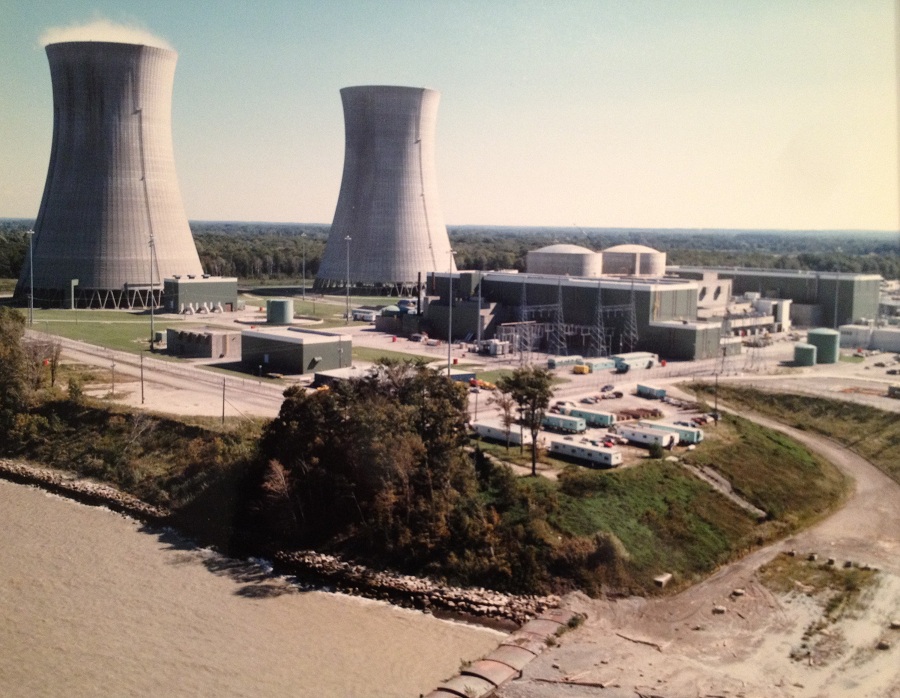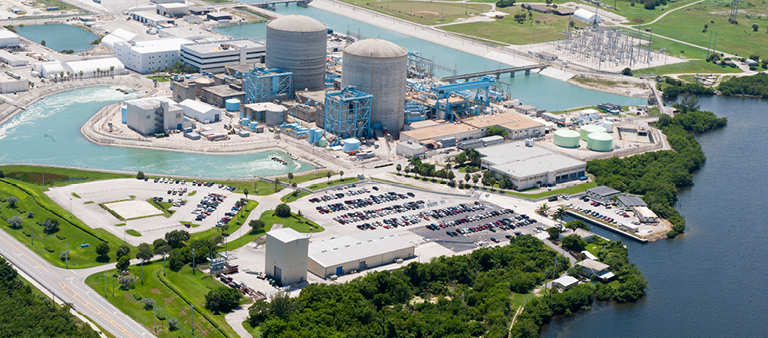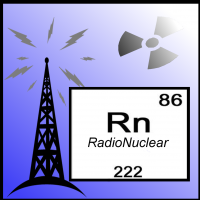Concerns about global warming and water scarcity have motivated many researchers to consider the potential for nuclear desalination, i.e., integrating a desalination plant with a nuclear power plant, as a means of producing drinkable water. There are numerous benefits to integrating a desalination plant with a nuclear power plant such as carbon-free electricity, low-marginal cost of generating electricity compared to fossil fuels, and a consistent power supply, unlike intermittent renewable electricity sources like wind and solar. Nearly 46 percent of the world's nuclear power capacity is within fifty miles of a coast according to data from the World Nuclear Association. In the U.S., several nuclear power plants are located near the coasts in states such as California and Florida where large-scale desalination plants have been constructed in the last decade. Thus, for locales with existing nuclear power plants and sufficient demand for desalinated water, nuclear desalination is an attractive option.




